And to this day, the urge to hide behind the pages of a book and ignore monotonous chatter is still there. However, I have it under control – most of the time.
What kind of sickness is this? The National Endowment for the Arts (NEA) quantifies an avid reader as someone who reads 50 or more books a year. Wow, that’s almost a book a week! Sorry, I read a lot but not that much. In a 2017 survey, the NEA discovered that not many people do; only five percent of readers met that requirement.
A more straightforward definition describes avid readers more realistically. It states that people suffering from this addiction read as much as they can, whenever they can. That’s more my speed.
A few months ago, I saw a comment in a Facebook reader’s group that insisted an avid reader should also be well-read. She questioned the validity of one reading only sci-fi or Harlequin romances as being equal to another person reading “real” literature such as Jane Eyre, Wuthering Heights, Les Miserables, or Frankenstein. She went on to say that readers need to have a selection of classics included in their “have read” collection alongside a mix of modern novels and nonfiction to be considered an avid reader.
Pardon me, but is there some kind of competition no one told me about? Does a person have to read Jane Austen or Louisa May Alcott to join the ranks of booklovers? How do you prove it? I could claim to have read Mary Shelley’s Frankenstein, and no one would know if that were true or not.
Actually, a 2013 study uncovered that more than 60 percent of people lie about reading classic novels. Fortunately, in this case, I’m not one of them. I really did read Frankenstein. Other than that, though, I’ve been fickle in the traditional literature department. In high school and college, I waded through Moby Dick, Scarlet Letter, The Red Badge of Courage, The Brothers Karamazov, The Great Gatsby, and other required reading. However, I don’t remember one thing about them.
For pleasure, I’ve read an assortment of books by Mark Twain, Ernest Hemingway, Charles Dickens, and many other famous authors. Yet again, I couldn’t tell you anything about the books.
While researching this article, the idea occurred to me that maybe I should reconsider the types of books I devour. Instead of the cozy mysteries, fantasies, or historical fiction I generally turn to, perhaps I should try a classic or two.
According to expert opinions expressed on the worldwide web, the older literary works open a window to different worlds, cultures, and historical perspectives from the past. They’re more challenging than modern-day fiction and will make me feel better about myself once I have completed something more thought-provoking.
So, on a whim, I uploaded some old classics to my Kindle.
Little Women and Jane Eyre were pretty good. In Little Women, the dialog was unrealistic, and the plot moved along at a snail’s pace, but that was the writing style during the late 1800s. Jane Eyre was faster-paced and more interesting. At any rate, I did enjoy the stories.
One thing annoyed me, though. The attitude towards women bothered me immensely. So, when the same demeaning behavior repeated itself in the first chapter of Pride and Prejudice, I gave up on these classics and went back to solving crimes with Detective Chief Inspector so-and-so in my five-volume whodunit series.
I haven’t completely given up on the classics, though. I still have a few old tomes stored in my Kindle waiting for whenever I get the notion to expand my mind and dive backward into a forgotten dimension of time.
Until then, I’ll stick to my modern novels for my evening’s relaxation and entertainment.
Be sure to subscribe to the Sweet & Sassy blog, so you never miss out on any of our posts!
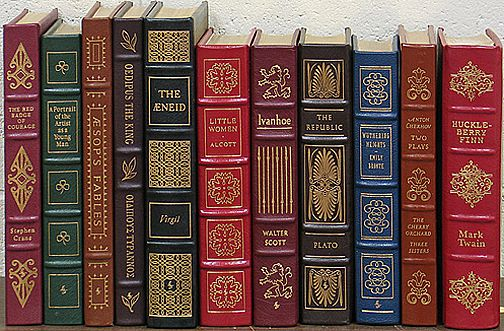
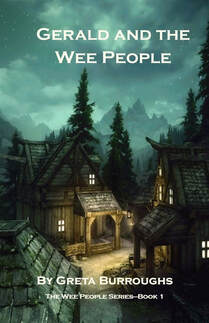
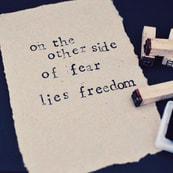
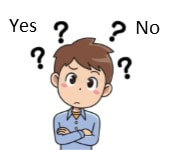
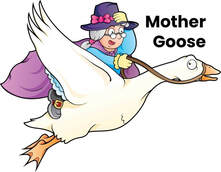
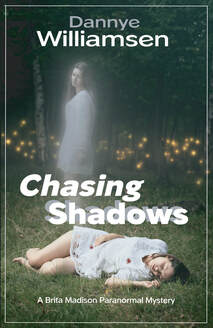
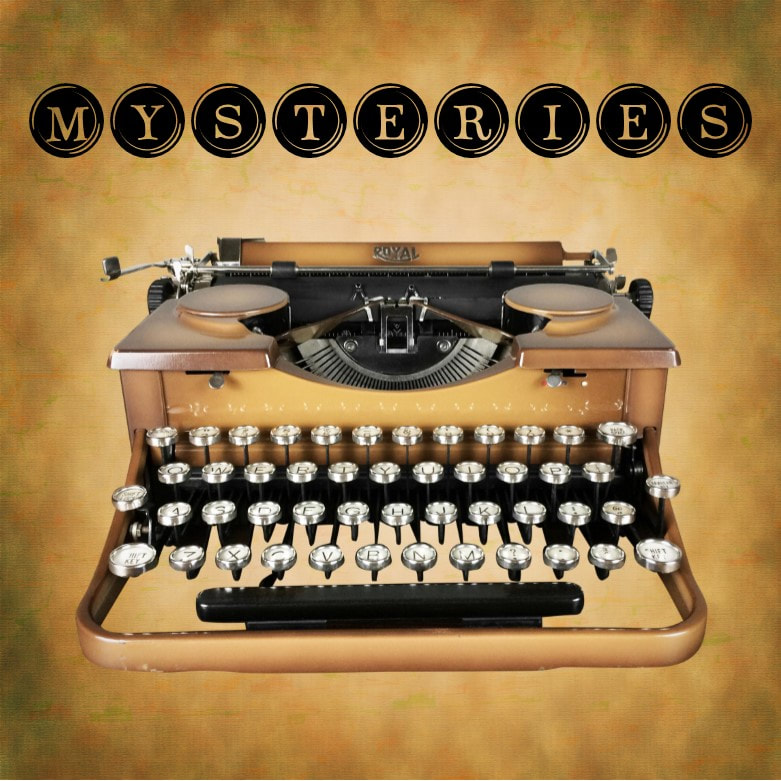
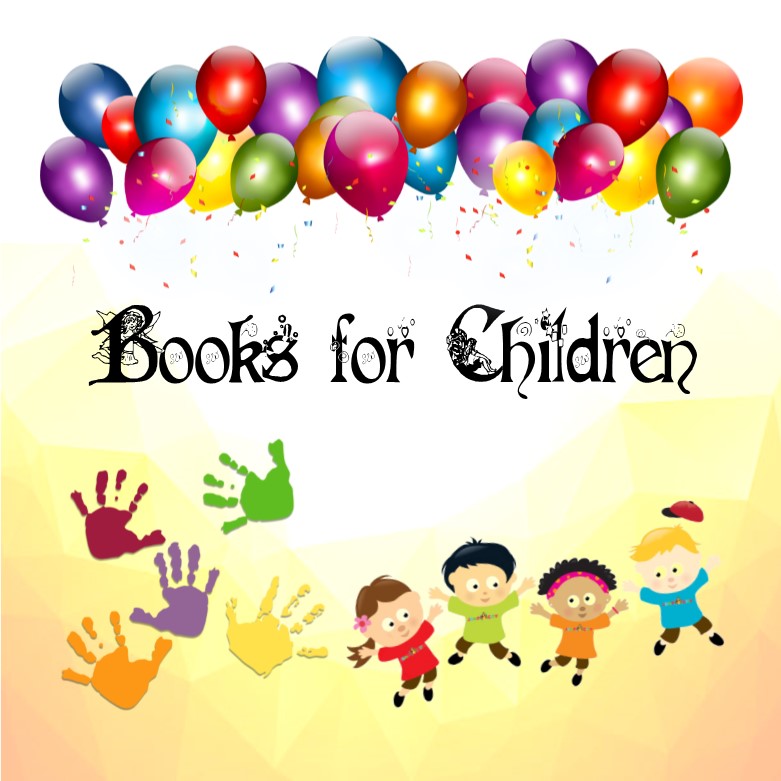
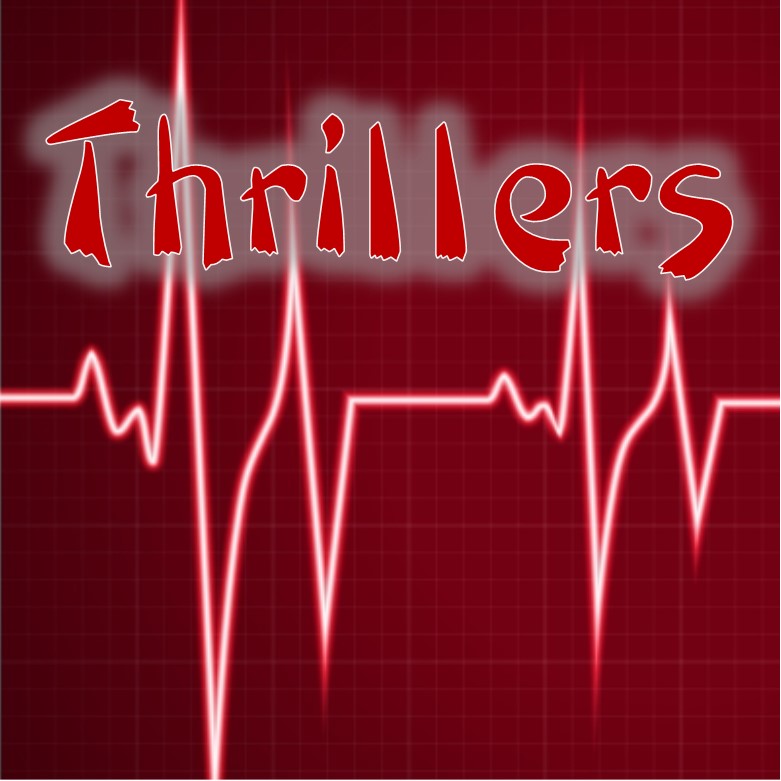
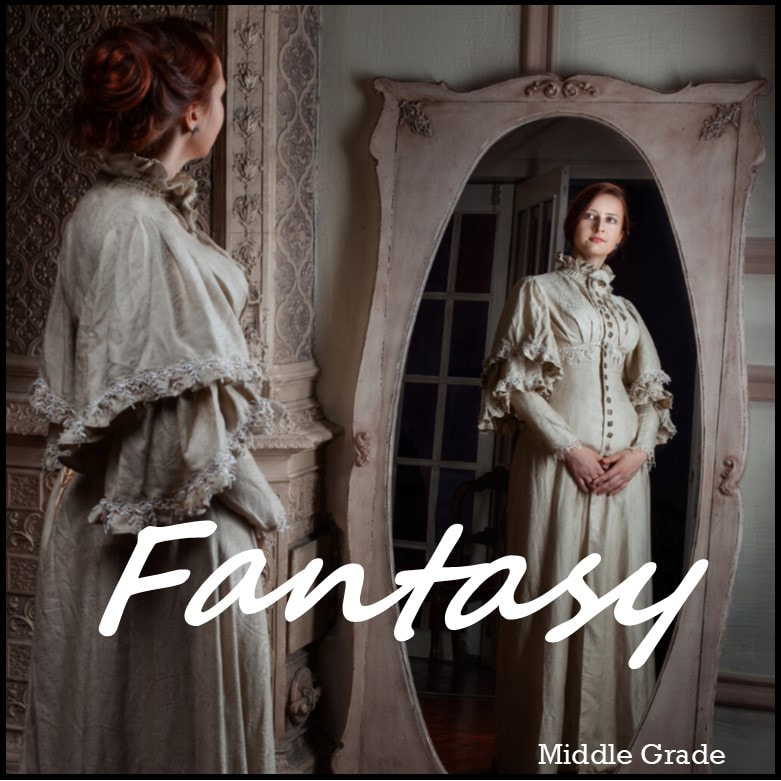

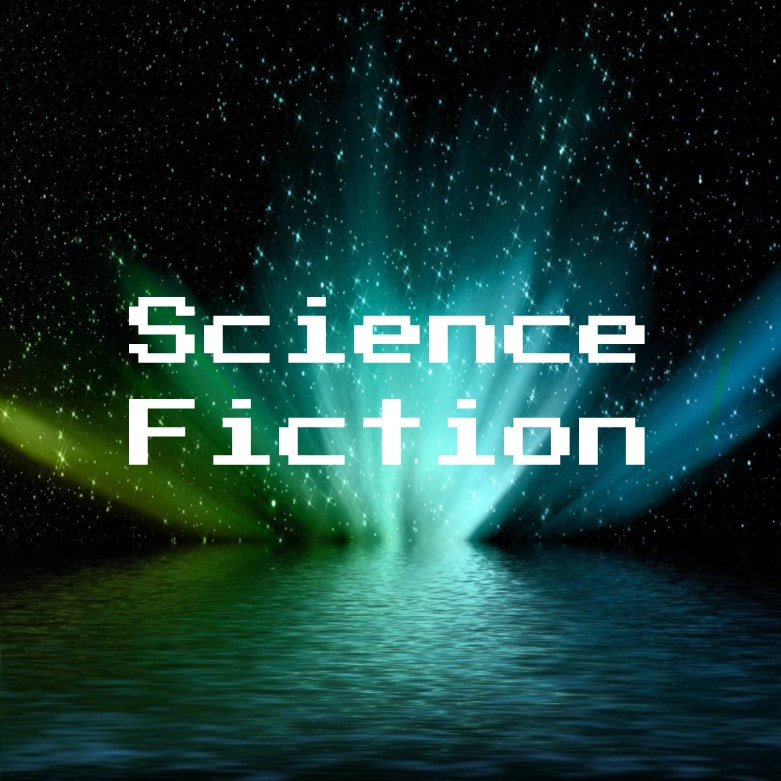
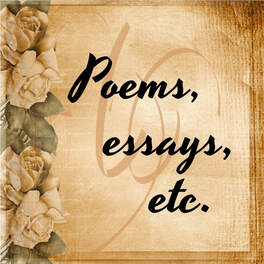
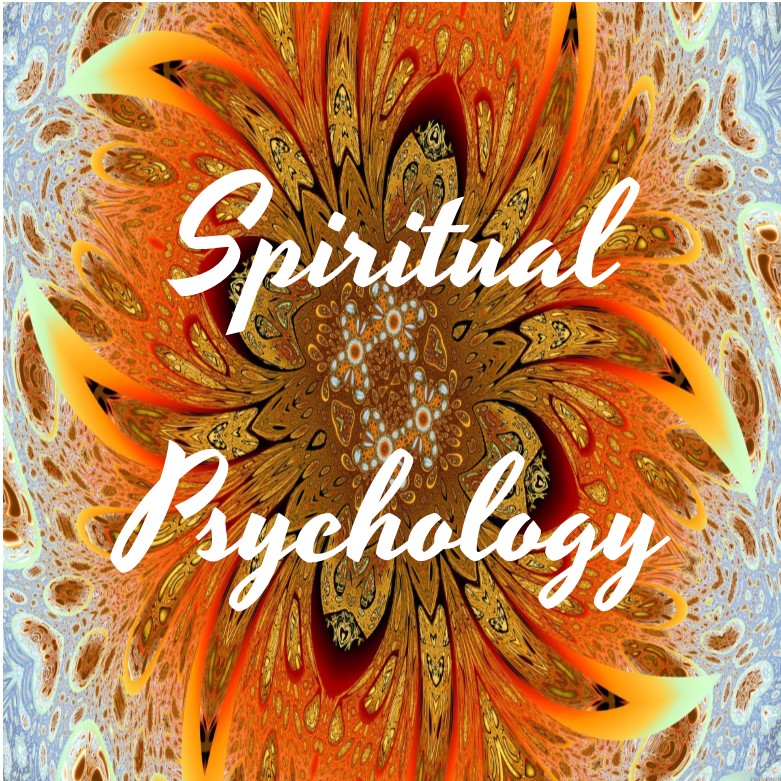

 RSS Feed
RSS Feed